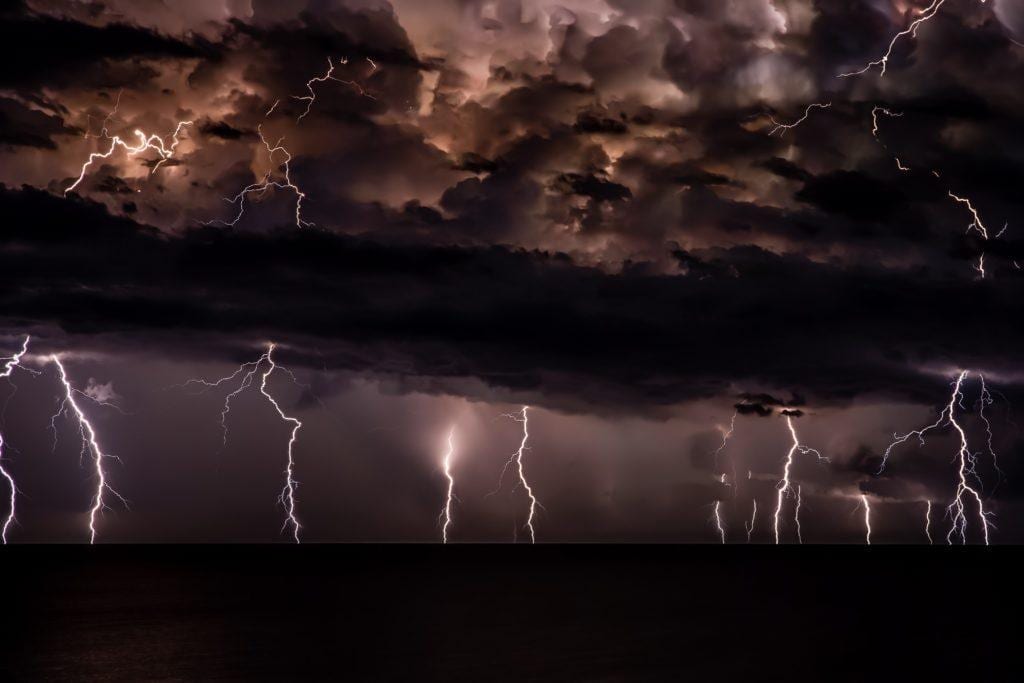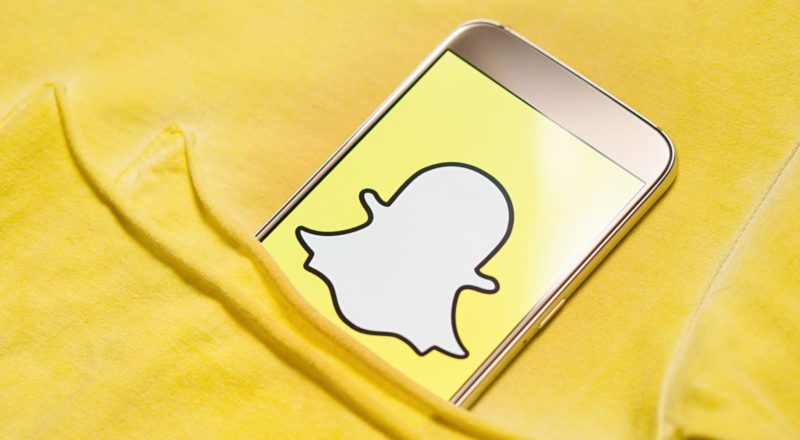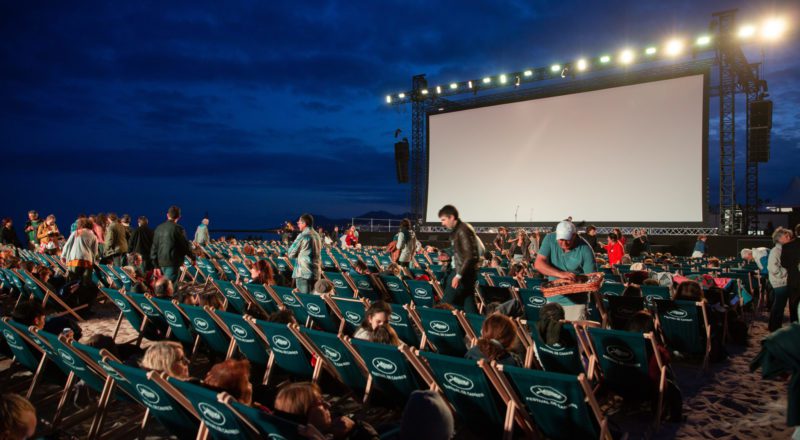What are the best dates to host events? A good question that we’ll attempt to help you answer in this article.
It might seem straightforward to pick a date for certain events: birthdays, anniversaries, Christmas, Easter, and New Years…but not all events are easily tied to specific dates.
So how do you choose the right date for your event?
There are 365 days to choose from, so it can be intimidating to find a date and settle on it. Let’s use the exclusion method to make your planning process a bit easier.
This guide will focus on how to choose a date for an event and help you consider…
- Your audience
- The work that needs to be done
- Popular vacation times
- Bank holidays
- Weather and climate changes
- Disruptions to public transport
- Competing event dates
- Vendor and venue availability
- Speaker and entertainer availability
Once we’ve gone through all these qualifiers, you’ll have a much better idea of the best dates to have an event.
Billetto is a ticketing platform that helps you manage, promote, and host events. Set up an event page and start selling tickets in 5 minutes.
CREATE YOUR EVENT >>
1. Think of your audience
As with anything related to event planning, your event attendees should be at the top of your mind when you choose a date for your event.
Weekdays from Tuesday to Friday might be practical for attendees in the B2B sector. Attendees in the B2C sector, on the other hand, might find it more convenient to attend weekend events.
Tip: If you’re not sure what would suit your event attendees, read our guide on how to determine your target audience.
2. Give yourself enough time
You have a lot of planning and promoting to do ahead of your event. Your chosen event date should give you ample time to do both so that it becomes a success.
Tip: Read our guides on event planning and promotion to get an idea of how much is involved in the process.
3. Consider vacation times
It’s a good idea to steer clear of popular vacation times. People often book their trips quite far in advance. School breaks and bank holidays tend to fall into this category.

You should also try to avoid dates just before and after popular vacation periods. People will be too busy preparing for their time off right before, and too busy catching up right after.
4. Political and public events
There can also be one-off public events that could interfere with your event planning. Political events, such as general elections, will often distract from your event.
Not only will people be more inclined to focus on such events but the media will also primarily concentrate on political happenings and public events.
5. Public service disruption
Commuters in big cities know that nothing can ruin your weekend plans like “planned engineering works” or just regular old railway strikes.
Fortunately, both tend to be announced well in advance, which gives you a chance to adjust your plans. Pay attention to communicated public service disruptions when you choose an event date.
6. Consider work hours
If you’re organising a business conference or music festival that runs over the course of several days, then the weekend is your friend.
It’s much easier for your attendees to take one or two days off for an event that runs Thursday to Sunday than it is to take most of the working week off.
7. Be consistent (or not)
You may have noticed that most annual events, like conferences and festivals, take place at the same time each year. It works because it helps their attendees plan a whole year ahead.
But it can also be interesting to switch it up and change the season of your annual event. It could let you reach an entirely new audience and stay ahead of your competition.
8. Watch your competition
Speaking of competition, you should watch out for when they are hosting their events. You don’t want to have your event date clash with theirs so you end up fighting for attendees.
It might, therefore, be useful to map out all competing events on a calendar. That way, you know exactly when they’re taking place so that you can plan around them.
9. Whatever the weather
The weather can have a big impact on your event, regardless of whether it’s being held outdoors or not. Rain, hail, and strong winds are obviously detrimental to outdoor festivals.

On the other hand, who wants to be stuck inside of a stuffy business conference when it’s 30 degrees and sunshine outside? (And what happens when the air conditioning breaks down?)
Tip: Check the historical temperature averages when you plan the date of your event.
10. Awareness days
If your event has a specific theme, you should look into whether there’s an awareness day (or month) you could align yourself with.
Traditional media often focus on these awareness days, which means that your event press release is more likely to be featured. Social media will likely also have an appropriate hashtag you can use for promotion.
11. Venue and vendor availability
If you’ve set your sights on a particular event venue or have a preferred vendor you want to work with, you’ll have to factor in their availability when picking the event date.
It may not be a problem if you’re hosting regular events that they’re aware of. But keep in mind that venues and vendors will have peak times when they’re in high demand.
12. Speaker and entertainer availability
The same holds true for any speakers or entertainers you want to book for your event. If their schedule clashes with your chosen event date, then they’ll likely opt out.

Keynote speakers sell tickets for conferences, and major bands sell tickets for festivals. If they drop out, it could be detrimental to the success of your event.
Billetto is a ticketing platform that helps you manage, promote, and host events. Set up an event page and start selling tickets in 5 minutes.
CREATE YOUR EVENT >>
Save the date
Now that you have a better understanding of all the pitfalls, it’s time to announce the date of your event.
Add it to the calendar on your website and start spreading the word far and wide. Announce it on social media, to your mailing list, and tell people to save the date.
Good luck!





Leave a Reply